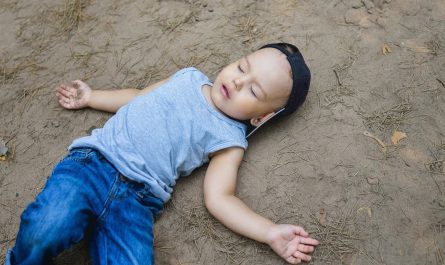Anvay, 8 years old boy enters my OPD with his mother. From the moment he enters, he is all over my room, touching all objects, instruments; climbing up on a chair & jumping from it. His mother seems distressed by his behaviour but he seems to take no notice of it & goes on with his socially inappropriate behavior.
We all come across such kids around us, who might seem unwanted as guests; the mother looks perenially tired and child in his own bliss. Such kids may have underlying Attention Deficit Hyperactivity Disorder. Parents often hear advice from people around them that once he becomes older he will become a quiet boy. Does this really happen? Can such symptoms really go away as the child ages? The answer to this question is a big NO’.
While the symptoms of hyperactivity and impulsivity may reduce over time, the child still suffers from attention. This may manifest in the kid as easy forgetfulness, academic problems, loss of confidence, being bullied at school and other mental health issues. Some of the children from this group may also experience co-ordination problems, learning disability, grip problems complicating matters further.
What steps are required to tackle these issues on time –
1] Support your child
- Always praise your child for this work and boost this confidence.
- Identify his strengths.
- Help him to make friends and learning to work with co-operation.
- Give him gadget-free time and tell him that you love him unconditionally.
2] Behaviour modification for parents
- It always depends on how parents react in a given situation.
- Always use clear instructions and be consistent in different surroundings.
- Parents can use a reward system to promote good behaviour and can withdraw rewards for unwanted behaviour instead of punishment.
- Remember the process of learning new skill and improvement in present behaviour is always gradual.
3] Cognitive Behavioural Therapy
- Psychologists will identify the problem areas in a child’s thinking and provide an appropriate strategy for the child as well as for parents to work on it.
4] Occupational Therapy
Occupational therapists will give activities and exercises to improve the sitting tolerance of the child. The therapist will also identify other problem areas like coordination problems, grip problems, core muscle weakness and address them.
5]Medicines
Medicines do have a role in treating attention issues and hyperactivity but their role comes after parental education, Cognitive Behavioural Therapy & Occupational therapy has started.
In all this process, the blooming child shouldn’t scale his future as timely intervention can prevent all effects of this condition on the psyche & academics.


